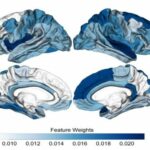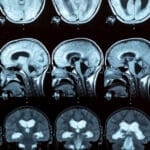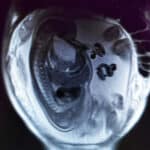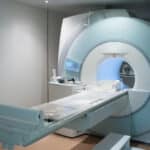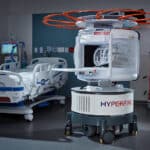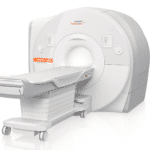Novel MRI Technique Reveals Brain Disparities in Autism
University of Virginia researchers have presented a pioneering study utilizing diffusion MRI to reveal structural brain differences in autism, offering insights into neuronal conductivity and dynamic networks.








